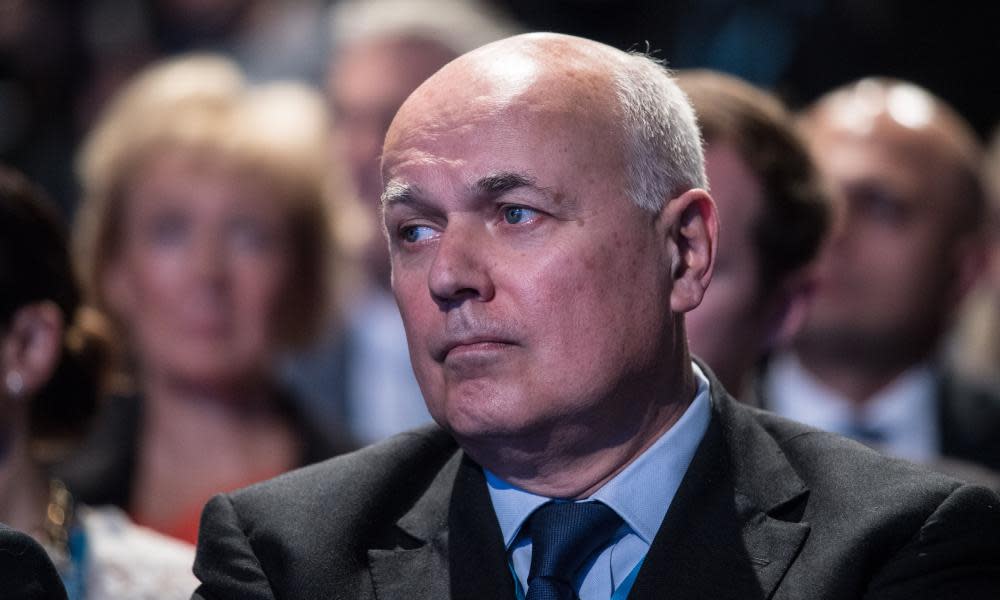Lack of empathy for poor people continues | Letters

There is a painting by Thomas Cantrell Dugdale in the Geffrye Museum in Hackney: The Arrival of the Jarrow Marchers in London, Viewed From an Interior (1930s show economic disaster needs a radical response, 23 October). A woman in evening dress leans over the back of a sofa to look out on to an elegant street at the black-clad crowd below, while the man on the sofa can’t even be bothered to turn his head.
Unsurprisingly perhaps, the Jarrow march accomplished almost nothing – like the Occupy protesters 75 years later. Parliament received the marchers’ petition but declined to debate it. It took rearmament for the second world war to provide any meaningful relief for Jarrow, and then it was short lived, over even before the coming of Thatcher. Alan Price’s stirring Jarrow Song was written in 1974.
Larry Elliott says the Great Depression led to a radical rethink. Rather, it was living conditions at the end of the war that led to that rethink, with Beveridge’s five “giant evils” to be slain. All of them have been allowed to rise again, as Stephen Armstrong illustrated recently in G2 (11 October). And Iain Duncan Smith and most of his colleagues can’t be bothered to turn their heads.
Judith Martin
Winchester, Hampshire
• Nick Roberts (Letters, 23 October) suggests that perhaps it is time to ask Iain Duncan Smith, the brains behind the original idea (universal credit), and David Gauke, responsible for rolling it out, to have to manage for six weeks until they get their first payment. Attractive as that idea is, a realistic assessment of its efficacy could only be made if the trial lasted a full year, before being rolled out for Tory MPs across the country, regardless of the success or otherwise of the trial.
Eddie Dougall
Bury St Edmunds, Suffolk
• From next April, help with mortgage interest through means-tested benefits (including UC) will be via a loan. This will plunge claimants even further into debt as they take interest-bearing loans to pay the interest on their mortgages. Loans to pay loans, with no pressure to repay that loan, which will become a constantly increasing charge on the property, reclaimed on sale or transfer by the DWP. There is no transitional protection, and people are currently being contacted to be offered this. In the words of Ken Loach, “conscious cruelty”.
Alison Rooks
Shipley, West Yorkshire
• Join the debate – email guardian.letters@theguardian.com
• Read more Guardian letters – click here to visit gu.com/letters

 Yahoo News
Yahoo News 
